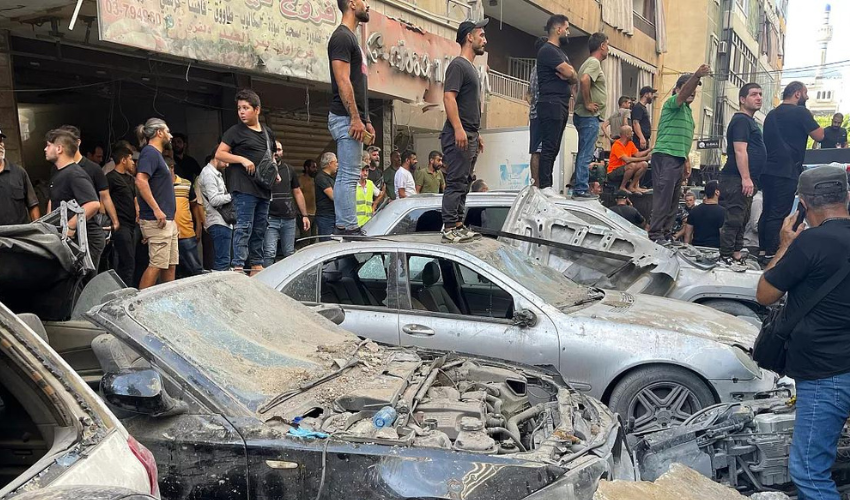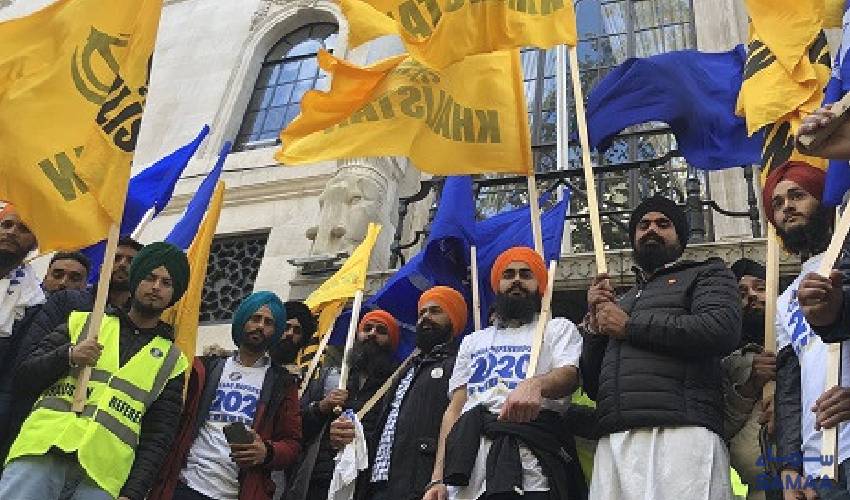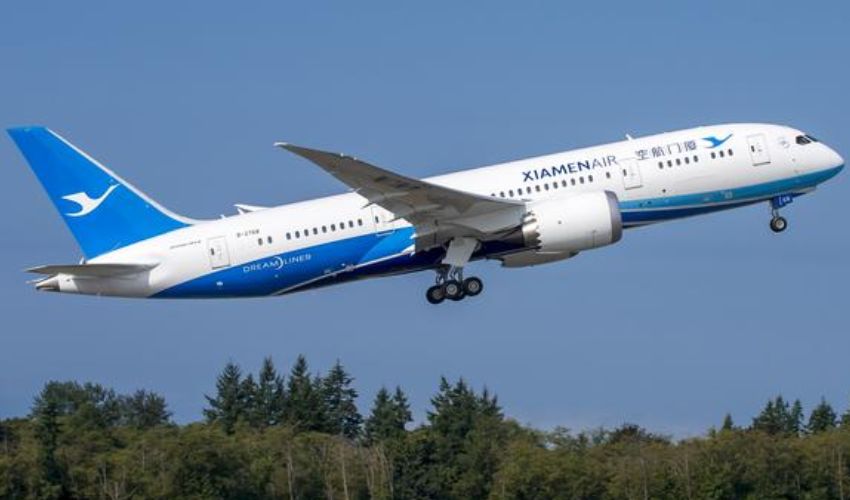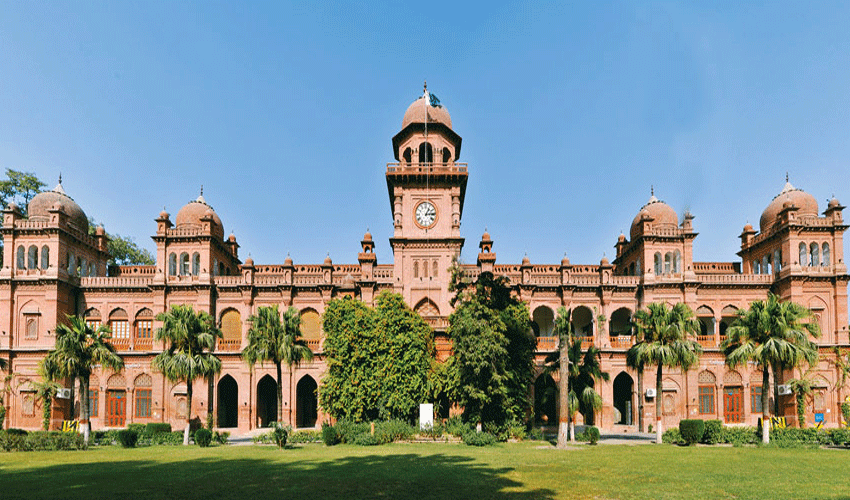In a significant escalation of the conflict between Israel and Hezbollah, Israeli F-35 fighter jets bombed Beirut, resulting in the death of 12 people, including Ibrahim Aqil, a senior Hezbollah commander.
Aqil, known as one of the founding figures of Hezbollah and the head of its elite Rizwan Force, was a central figure in the group’s military operations.
The airstrike targeted one of the busiest areas in the Lebanese capital, causing widespread destruction. Several buildings and vehicles were destroyed, and 66 people were injured in the attack. Aqil's death is a major blow to Hezbollah, as he played a pivotal role in its operations and was previously accused of involvement in the 1983 attacks on U.S. forces that claimed 241 lives.
In response to the airstrike, Hezbollah launched dozens of rockets at Israeli targets. While Israel’s defense systems intercepted most of the rockets, a few managed to strike northern Israel, further fueling the ongoing hostilities.
Israeli Prime Minister Benjamin Netanyahu, in a brief statement, asserted that Israel’s actions were a clear response to the ongoing threats and that the country would continue its military campaign to secure the area around its northern border with Lebanon. “Our goals are clear, and our actions speak for themselves,” Netanyahu said, emphasizing Israel's commitment to ensuring the safety of its citizens.
Defence Minister Yoav Gallant, who earlier this week announced the launch of a new phase of the conflict on the northern front, reiterated Israel’s determination. He stated on social media platform X that the military operations would persist until Israel’s objectives were met, specifically the safe return of residents who have been displaced by the conflict.



























